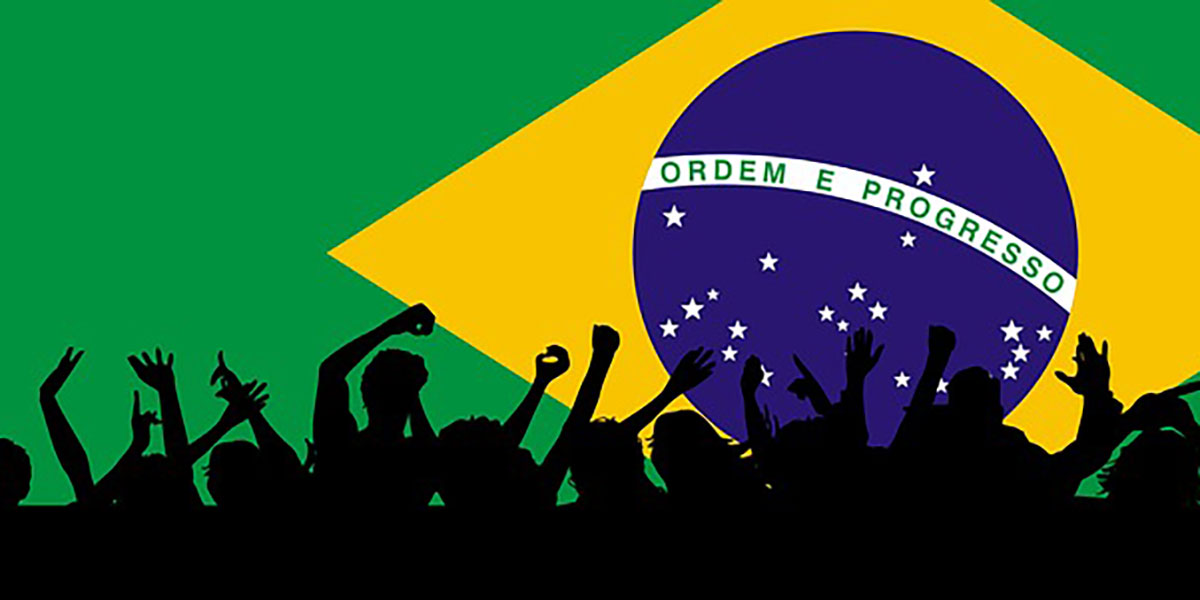Impeachment: A process that is used to charge, try and remove public officials for misconduct while in office.
Graphic courtesy of Google
__________________________________________________
Prescribed in Brazil’s Constitution, the Impeachment process was adopted in 1988 and it presents similarities with proceedings in the United States. Explained in more detail, if there are allegations against the president of the Republic, the impeachment process will take place in six phases: 1) Request, 2) Observation, 3) first ballot (on camera), 4) sending to the Senate, 5) second vote (in the Senate), and 6) Penalty. Full of natural wonders and considered worldwide one of the most beautiful countries in the world, the social scenario of Brazil nowadays is not good at all, even after Rio de Janeiro hosted the Olympics last summer. As someone born and raised in Brazil, I can attest to this personally. In fact, some news reports are saying Rio de Janeiro is in worse shape financially than any time in its history. One year into her second four-year term, Rousseff was accused of bribery, corruption and manipulation of the government budget. Allegations have been leveled against her system since the first four years under her command. Taxes have increased, the economy is suffering a deficit and ever since she began governing our society, citizens are on the streets protesting. Currently Brazil is facing one of the worst social and economic periods of its history, due to politicians with bad intentions and no love for fatherland. And it has been a government commanded by Rousseff. Some of Brazil’s most powerful companies are involved in many scandals and cases in which they’ve been accused of misappropriating money in order to please internal interests. In other words, a dirty system is installed with politicians considered thiefs, and they are destroying our economy and society. The question being asked in Brazil for political historians is: How has the impeachment process harmed democracy? In my opinion, the impeachment process has harmed the Brazilian system of government for two main reasons. For one, from now on, since politicians are the ones who decide if a president will be impeached or not, citizens are afraid of them plotting a system in which it can become a habit, since any officer in charge can be categorized as incompetent or may be accused by congressmen of inappropriately leading the office. In other words, it depends on the congressmen’s point of view to begin a process against any president. That’s the reason why many people considered the recent impeachment process a coup. The other reason would be, since the president is elected directly by the citizens, but cannot be removed directly by those same voters, it creates a possibility that Parliament may either remove a president who has support of voters but not from Congress, or that Parliament can refuse to remove a president hated by the citizens who explicitly committed crimes of responsibility. Concluding the thought, what would be better? Having a bad president ending his or her term on election day, or retiring the bad presidents throughout their mandates? It’s worth highlighting the fact that our families and relatives are hopeless about our future. We don’t see a light at the end of the tunnel. Citizens are feeling used and robbed, while the people involved in those dirty plans are only enriching themselves, and using our money in the process. As a native Brazilian, I definitely do not see a happy and satisfactory ending for this story. Democracy has been harmed, citizens are complaining. I have a feeling politicians are nothing but egocentric power brokers thinking only about themselves, forgetting the nation.
